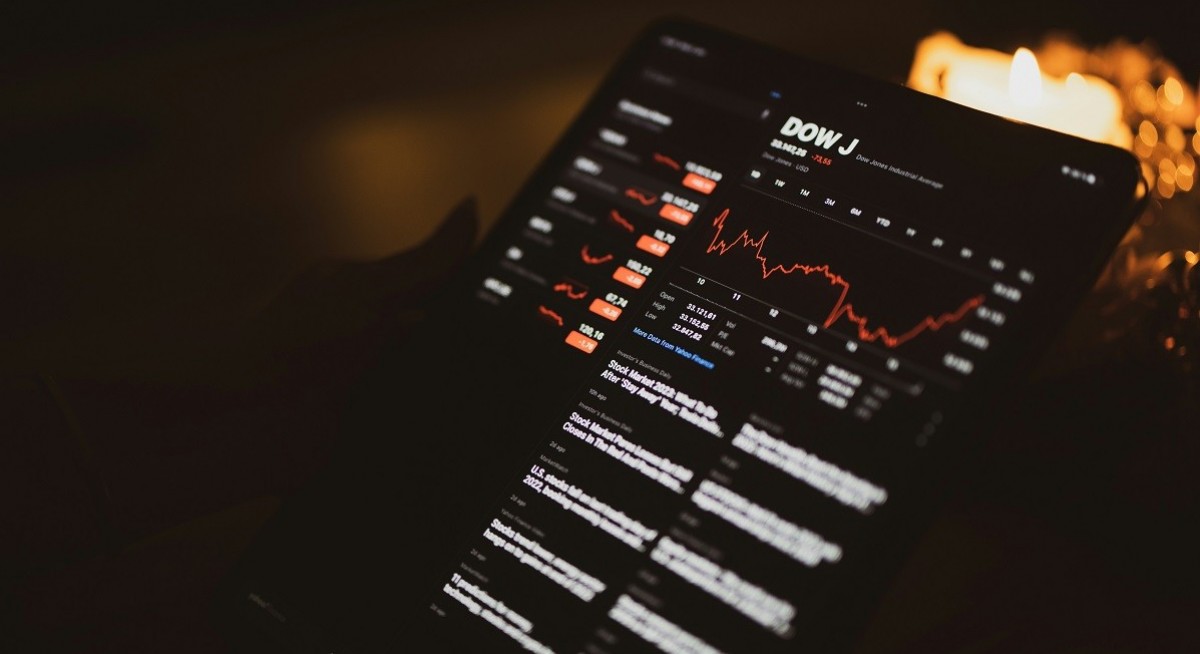Consider these plaintive questions:
Rogé Karma, The Atlantic: “Does the Stock Market Know Something We Don’t?
Spencer Jakab, The Wall Street Journal: “Why Are Stocks Up? Nobody Knows”
Jeff Sommer, The New York Times: “How Long Can This Uncanny Stock Market Prosper?”
Paul Krugman, Substack: “Policy has gone mad; why aren’t stocks down?”
Back in June 2020, I felt the same way about the US stock market. I thought the market had underreacted to Covid-19. But I was wrong, not about Covid-19 itself (which indeed resulted in many adverse consequences), but about the stock market and corporate profits.
In case you’ve forgotten, here’s what the world looked like in June 2020. We had the medical situation of 1918, the unemployment situation of 1931, and the financial stability situation of 2008. Sounds bad to me! And yet, by June 2020, the market was actually up for the year, part of a monster rally that culminated in the speculative bubble of 2021.
Covid-19 was a bad thing that adversely impacted many aspects of life. You may think that Covid-19 itself was bad, or maybe you think that the main problem was the reaction to Covid-19, but either way, bad things happened. But it turns out that these bad things did not greatly decrease the corporate profits of publicly traded companies or the desire of market participants to invest in those companies.
See also: Stocks roar back as Dow Average hits 50,000 mark
So what’s the lesson of Covid-19? Simply this: the stock market is not the economy. The level of stock prices reflects the views of market participants about currently existing stocks; it does not reflect America’s economy, happiness, medical status, moral virtue, democratic norms, or national greatness, except insofar as these variables impact the views of market participants about currently existing stocks.
Let’s consider Krugman’s question: “Policy has gone mad; why aren’t stocks down?” Without endorsing Krugman’s views, I want to consider the abstract proposition that an insane policy would necessarily hurt stock prices. I don’t think so. An insane policy would only hurt stock prices if it is perceived as hurting currently listed companies.
Let’s take a hypothetical scenario of an obviously insane policy. In the 1971 movie Bananas, the ruler of the fictional nation of San Marcos announces the following policy: “… all citizens will be required to change their underwear every half-hour. Underwear will be worn on the outside so we can check.”
See also: How China uses a ‘national team’ to influence trading
Let’s suppose that in the US elections of 2028, the newly formed Underwear Party sweeps into power on this platform (just to be clear, in this scenario, the Underwear Party is unaffiliated with any existing political movement and is not meant to represent either the Democratic or Republican Party). I hope we can all agree that the proposed policy is undesirable and would hurt the US economy, among other things.
But would this policy drive down stock prices? I’m not sure. The policy would surely boost the share prices of underwear manufacturers. Further, the government would need to purchase systems to monitor compliance, perhaps benefiting firms like current market darling Palantir. Perhaps underwear would become the next crypto, with “underwear Treasury” stocks driven higher by purchases from the US “strategic underwear reserve.” Who knows?
And, at least in the short run, it doesn’t actually matter whether the policy will lower corporate profits; it matters whether market participants think the policy will lower corporate profits. Since the Underwear Party won the election in this scenario, there must be many pro-Underwear investors feeling optimistic. Nobody voted for Covid-19, but it arrived anyway and ended up boosting stock prices. An equally destructive policy supported by many voters could surely also boost stock prices.
I’m not saying that the US stock market is currently a screaming buy. Perhaps the sceptics are correct and the market is like Wile E. Coyote looking down into the abyss. That’s what I thought in 2020, but I was mistaken. The market was not Wile E. Coyote. The market was the Road Runner, who paused briefly, looked at Covid-19, and then sped away. Meep meep.
It’s not the economy, stupid. It’s the stock market, and it does its own thing.
Owen A. Lamont, PhD, is senior vice president, portfolio manager, research at Acadian Asset Management




